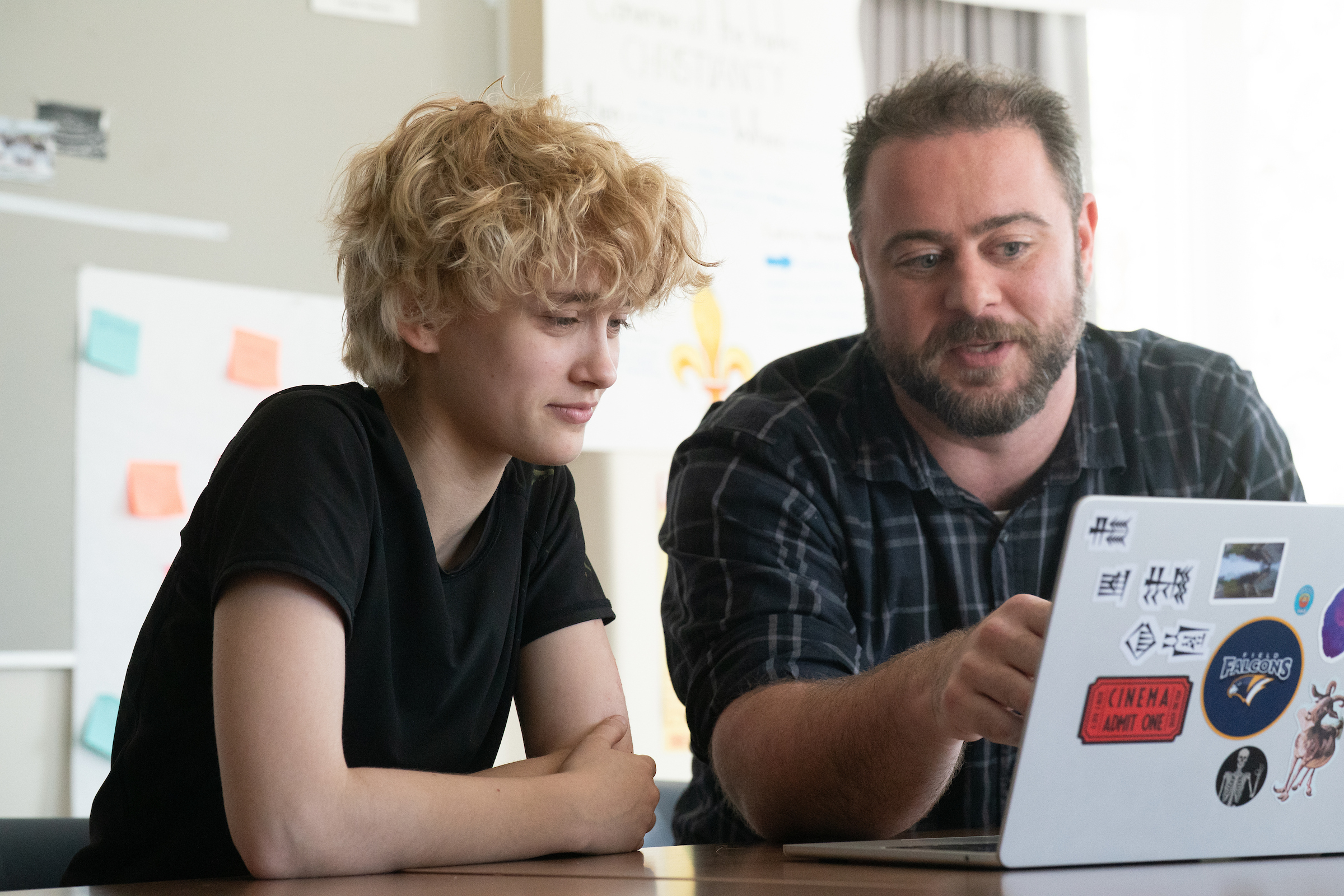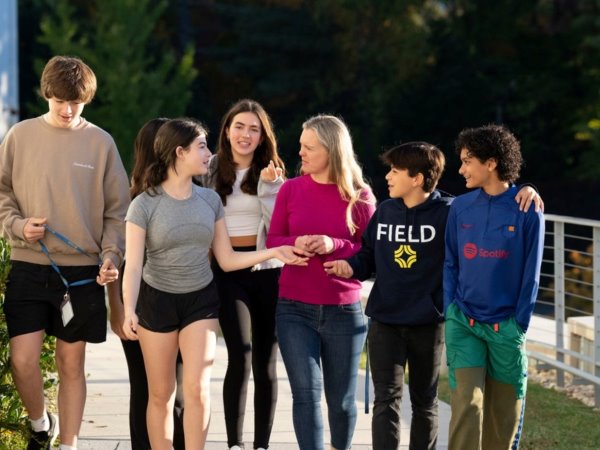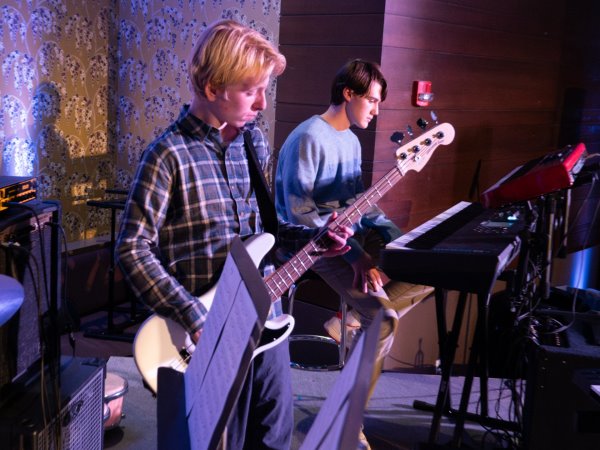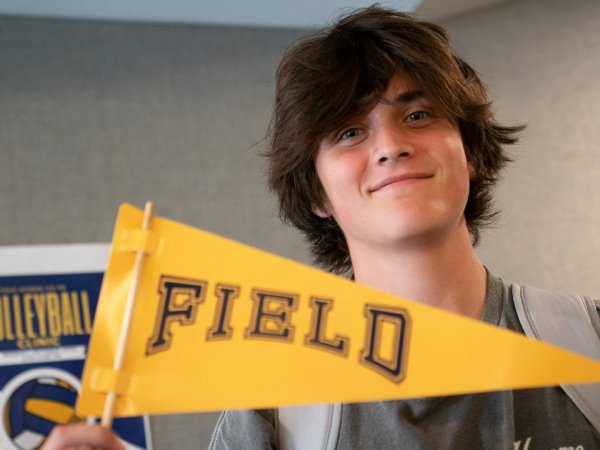Our goals and lines of inquiry shape the rich environments we create, the authentic experiences we design, and the relevant tools and resources we share with students. Through ongoing collaboration, problem-solving, and reflection, Field students become motivated, lifelong learners who are empowered to take action.
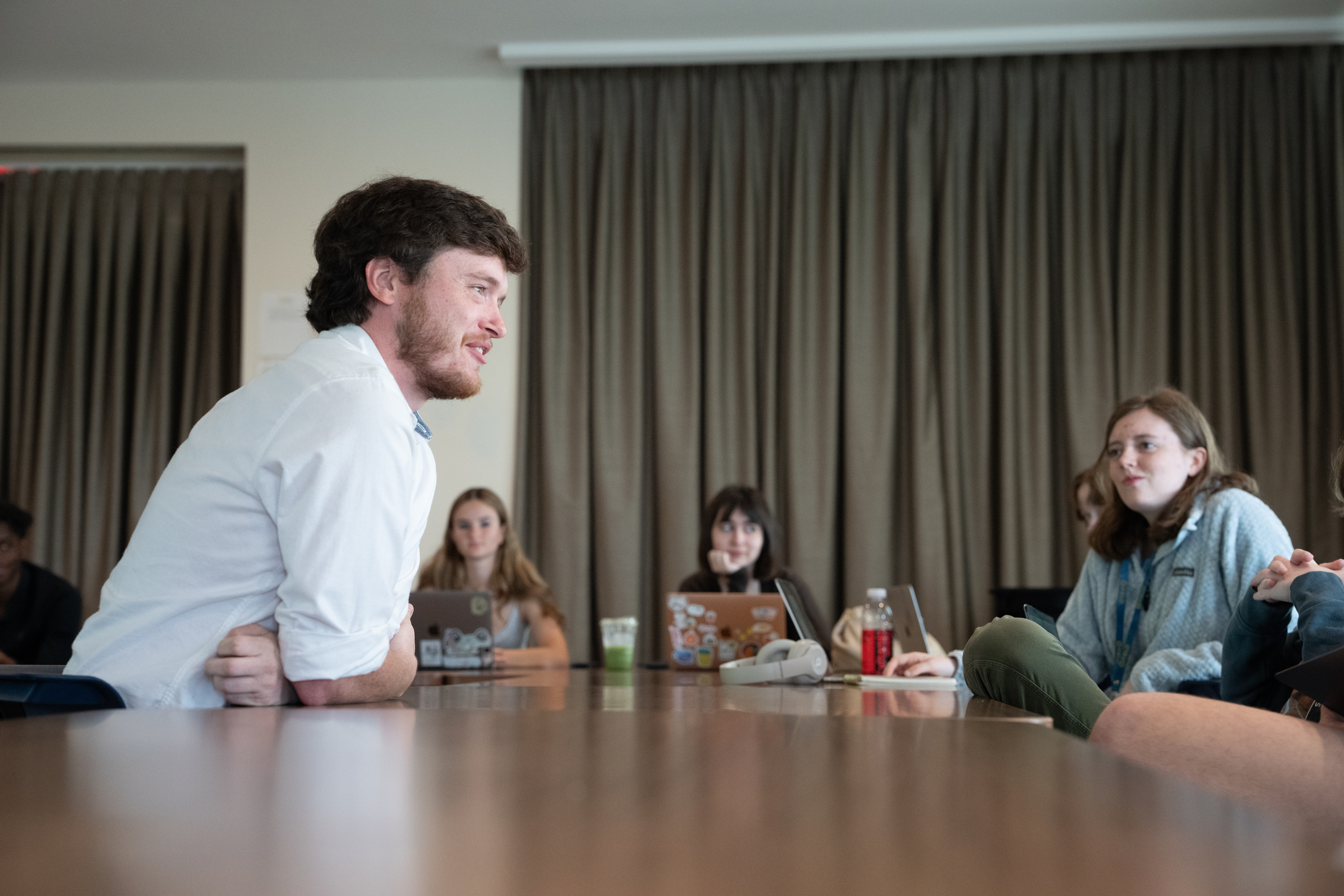
EXEMPLARY TEACHERS
Field teachers are masters of their craft because they, too, are lifelong learners, committed to the same processes that they model in their students. Collaboration between colleagues builds interdisciplinary knowledge and allows students to develop mastery of skills across the curriculum. Extensive professional development gives our faculty the space to explore and understand current research and best practice in education and adolescent development. As a result, our practice and curriculum evolve while staying true to the core of what Field has always centered on: our students’ learning.
MEANINGFUL CHALLENGE
Field students learn by taking on meaningful challenges. They address real-world problems and determine what solving those problems means—for themselves and for their community. They work with community partners to identify, define and solve problems, and determine if their solutions are effective. They get actionable feedback from their teachers, peers, and frequently from industry experts. Understanding is also gained from observing their prototypes soaring through the air and, often, crashing to the ground.
The success of a Field education is demonstrated in the way our students learn to adapt in the face of ambiguous and uncertain challenges.
INSPIRED LEARNERS
Field is a community of individuals. Each of us is driven by our own unique passions and interests, and together we strive to support each other and work toward the common good. This often means taking the time to seek understanding of each other through meaningful dialogue about the things that matter most—our cultures, families, and identities. The diversity of thought that we each bring to our learning makes this community rich, healthy, and durable.
